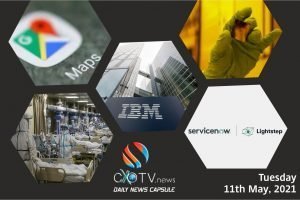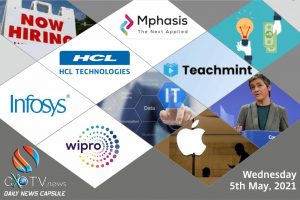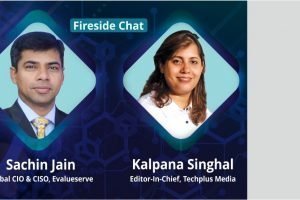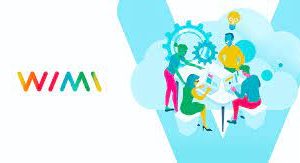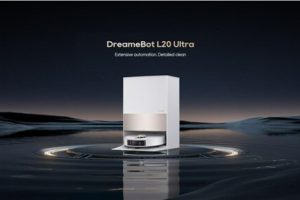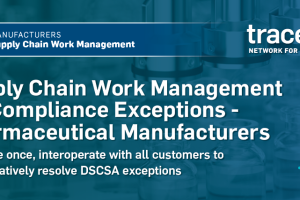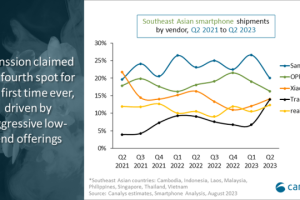Healthcare IoT, popularly known as Internet of Medical Things, refers to a connected infrastructure of medical devices and software applications that can communicate with various healthcare IT systems. The benefits of IoMT are vast, and there are even more benefits to be discovered as we continue to grow our expertise in this space as an industry. But to name a few:
Objective reporting: We no longer have to rely solely on subjective patient reports of “how they are feeling” because the devices can record and report on actual activity at the level of the nervous system. This helps us to have an objective evaluation of the disease progression and patient therapy efficacy as reported by the devices.
Remote monitoring: Remote monitoring helps in increased patient accountability as the healthcare provider can have a “report card” of the actual patient therapy compliance instead of relying on the accuracy of patient summary.
Local activity recording: Device recording capabilities allow for the collection data, previously inaccessible, which can vastly improve our understanding of the mechanism of action of these chronic diseases. It will undoubtedly enhance our approach to disease prevention and therapy,
Automation: The automation of device and therapy records decreases human error or fraudulent reporting within hospitals and sub-acute care facilities.
Precision medicine: We can achieve improved therapy with decreased undesired side effects with the delivery of targeted stimulation that is optimized for an individual. While much there are many advances to decrease these drug-related side effects, the level of precision we can achieve with devices that can steer stimulation to a specific target is of a much higher degree.
Adaptability: The system iterates on the feedback loop that our systems are built on, and adjusts for improved patient outcomes.
Noteworth, a connected health platform is leading the way in MIoT implementation. It enables health organizations to prescribe virtual care models to their patients. They help clinicians collect and access contextualized patient-generated health data that improve care coordination and outcomes, reduces costs, and better engages patients.












